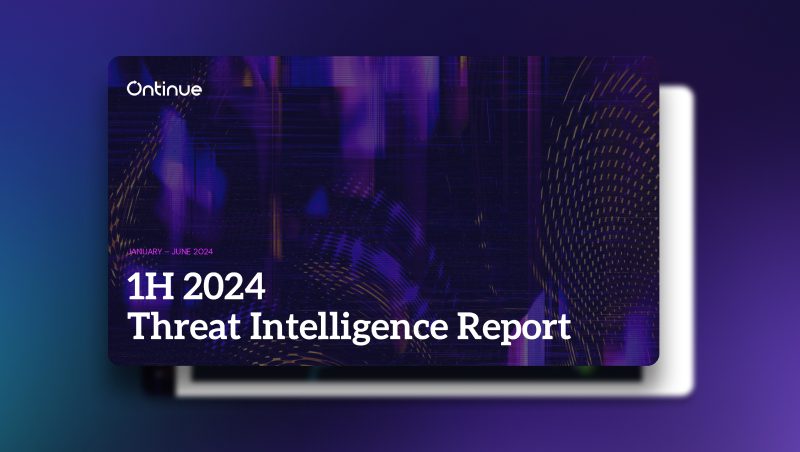ION Advisory: November Patch Tuesday

Microsoft’s November Patch Tuesday update consists of 83 vulnerabilities for Microsoft products. Two vulnerabilities have already been exploited in the wild, and another 2 were disclosed earlier, while 3 “Critical” vulnerabilities need attention.
Critical Vulnerabilities
None of the following critical vulnerabilities below have been reported as being actively exploited or publicly disclosed:
- CVE-2024-43498 – .NET and Visual Studio Remote Code Execution Vulnerability
- A remote unauthenticated attacker could exploit this vulnerability – in the VmSwitch component within Hyper-V – by sending specially crafted requests to a vulnerable .NET webapp or by loading a specially crafted file into a vulnerable desktop app.
- CVE-2024-43625 – Microsoft Windows VMSwitch Elevation of Privilege Vulnerability
- An attacker who successfully exploited this vulnerability could gain SYSTEM privileges.
- CVE-2024-43639 – Windows Kerberos Remote Code Execution Vulnerability
- An unauthenticated attacker could use a specially crafted application to leverage a cryptographic protocol vulnerability in Windows Kerberos to perform remote code execution against the target.
- CVE-2024-49056 – Airlift.microsoft.com Elevation of Privilege Vulnerability (fixed by Microsoft – no action required)
Active Exploitation
The following vulnerability has been reported as being actively exploited:
- CVE-2024-49039 – Windows Task Scheduler Elevation of Privilege Vulnerability
- To exploit this vulnerability, an authenticated attacker would need to run a specially crafted application on the target system exploit the vulnerability to elevate their privileges to a Medium Integrity Level.
Publicly Disclosed
The following vulnerabilities have been reported as publicly disclosed, but not yet actively exploited:
- CVE-2024-49019 – Active Directory Certificate Services Elevation of Privilege Vulnerability
- An attacker who successfully exploited this vulnerability could gain domain administrator privileges. Read the FAQ provided by Microsoft, and the Technical Controls for Securing PKI Guide’s Securing Certificate Templates section
- CVE-2024-49040 – Microsoft Exchange Server Spoofing Vulnerability
- The information available about this vulnerability suggest that the vulnerability can be used to display erroneous data, and this may enable paths to launch phishing attacks or spoof organizations.
Notable Vulnerabilities
The following vulnerabilities were rated in the CVE system as more likely to be exploited by Microsoft:
- CVE-2024-43451 – After user interaction(e.g. running malware), this vulnerability discloses a user’s NTLMv2 hash to the attacker who could use this to authenticate as the user. MSHTML, EdgeHTML, are still used for backward compatibility although Internet Explorer 11 has been retired.
Countermeasures and Patches
- Apply patches as soon as possible, after appropriate testing.
References
SANS Report: Microsoft November 2024 Patch Tuesday – SANS Internet Storm Center
Patch-A-Palooza: PatchaPalooza

 Balazs Greksza
Balazs Greksza Domenico de Vitto
Domenico de Vitto Rhys Downing
Rhys Downing Manupriya Sharma
Manupriya Sharma


